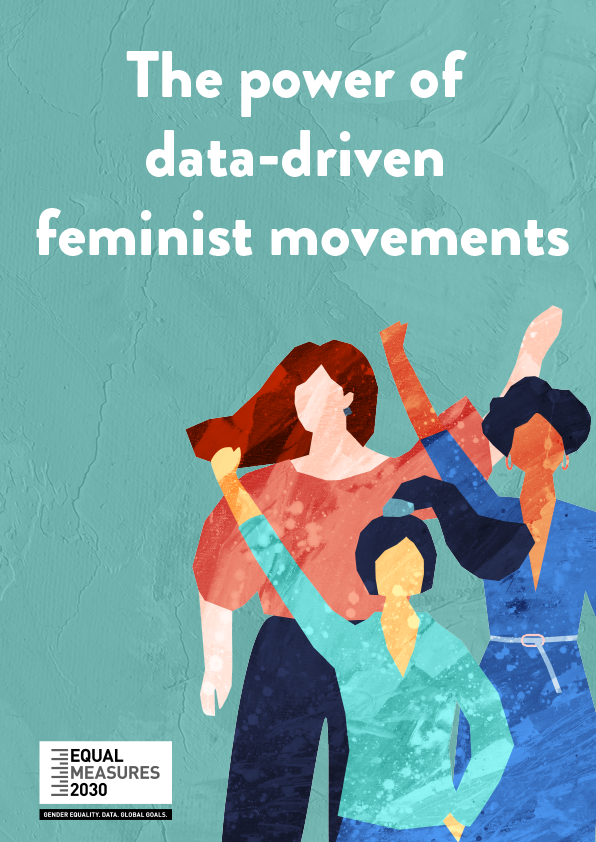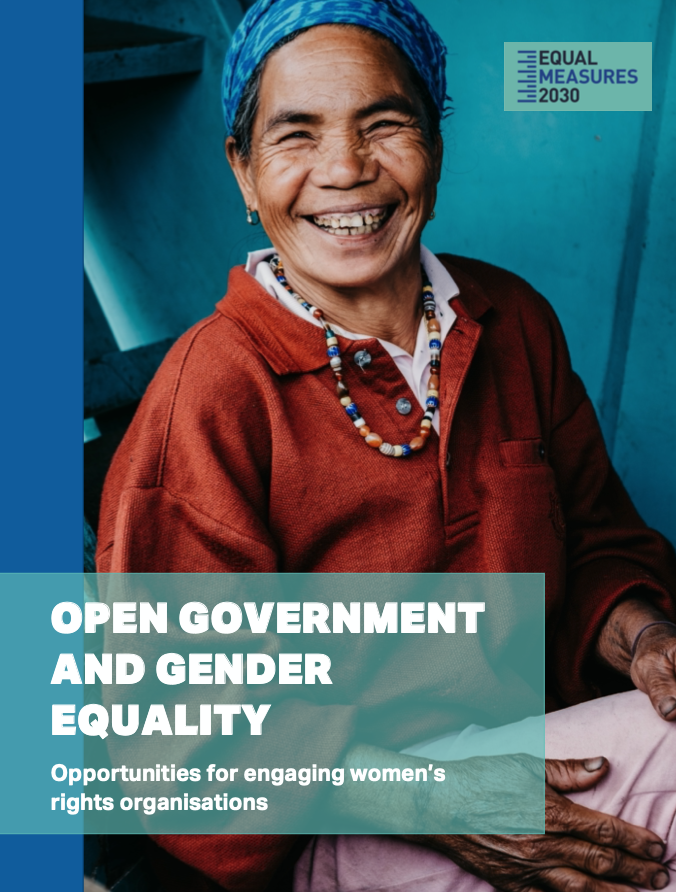The critical role that feminist and girls’ and women’s rights movements1 play in the promotion of gender equality is increasingly well documented. Moreover, there is increasing recognition that when advocates are equipped with data, and the skills to effectively use them, their efforts to influence decision makers are likely to be more credible and result in more evidence-based decision-making. However feminist organizations frequently face constraints in resourcing (funding and personnel) and capacity needed to undertake data-driven advocacy. In many places, there is also a growing pushback on a ‘gender agenda’ and a shrinking civil society space overall. This combined with underinvestment in collecting and sharing timely, quality gender data collectively limit opportunities for feminist movements to influence decision makers with data.
Equal Measures 2030 works to address a number of these issues both directly through its programming and indirectly through its partnerships, advocacy, and communications with donors, UN actors, governments, and others. This paper delves into the evidence behind this approach and, in doing so, seeks to establish a shared understanding and set of recommendations on this topic for the Equal Measures 2030 partnership.

